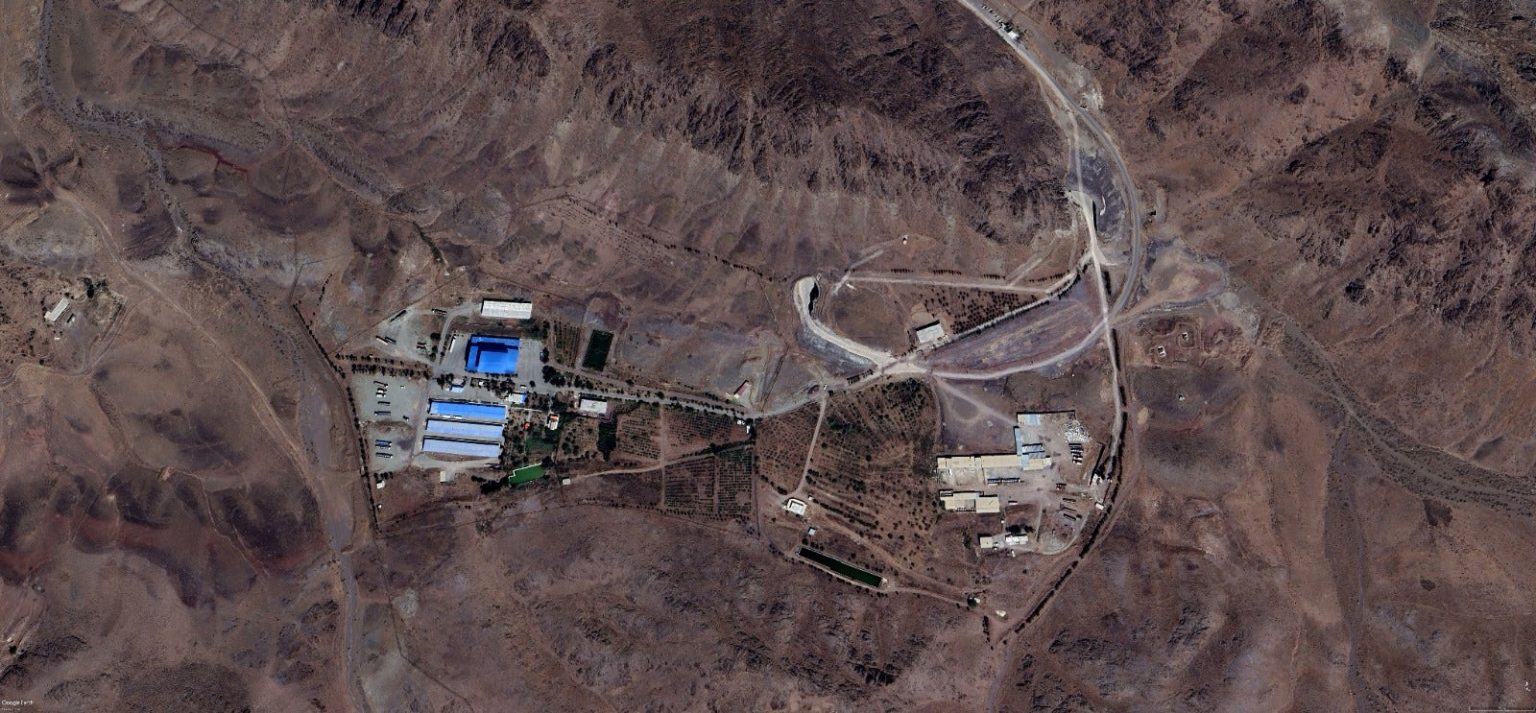The People’s Mojahedin of Iran (MEK) has provided information to Fox News Digital about a secret site outside of Eshtehard City in Iran where the Islamic Republic allegedly stores and prepares missiles used in various attacks. Known as the Shahid Soltani Garrison, this heavily guarded camp has seen increased activity, including the transport of missile parts in July. The camp houses a variety of ballistic missiles such as the Shahab-3, Qiam, Fateh, and Fath series.
After a layered attack on Israel in April involving drones, cruise missiles, and ballistic missiles, Iran shifted its focus to ballistic weapons. In October, Iran launched over 180 ballistic missiles into Israeli airspace, utilizing systems like Emad, Ghadr, Kheibar Shekan, and even the hypersonic Fattah-1 missile. The United States intercepted Iranian missiles targeting Israel, prompting the deployment of the Terminal High Altitude Area Defense (THAAD) system and 100 U.S. soldiers to operate it in Tel Aviv.
The MEK provided satellite imagery showing different sections of the Shahid Soltani Garrison, including above-ground and underground storage sites. The Al-Ghadir Missile Command within the Islamic Revolutionary Guard Corps’ Aerospace Force oversees the camp, with known commanders like IRGC Brig. Gen. Partovi. Several individuals associated with the command have been sanctioned by the U.S. and the EU for their involvement in the missile program.
Previous ballistic missile attacks of Iranian origin have targeted U.S. forces, resulting in injuries and infrastructural damage. Countering Iran’s ballistic missile program will require a multifaceted approach, including economic and political measures targeting supply chains and individuals, along with advanced missile defense systems to deter future attacks and ensure credible deterrence. The importance of covert and kinetic operations in handcuffing Iran’s missile program was emphasized by experts.
Alireza Jafarzadeh, deputy director of the National Council of Resistance of Iran’s Washington office, highlighted the need for the Iranian regime’s downfall to achieve true democracy and peace in the region. Jafarzadeh called for the enforcement of terror designations on the IRGC and Ministry of Intelligence and Security, as well as support for Iranian youth and Resistance Units to confront the regime. Decades of appeasement have emboldened the dictatorship, making it crucial for the U.S. and European nations to take steps to address the ongoing threats posed by the Iranian regime.
In conclusion, the revelations about the secret missile site in Iran shed light on the country’s ballistic missile program and its implications for regional security. The heightened tensions and attacks involving Iranian missiles underscore the need for robust defense measures and international cooperation to address the threat posed by the regime. Efforts to counter Iran’s missile program require a comprehensive strategy encompassing economic, political, and military actions to effectively deter future attacks and promote stability in the region.


